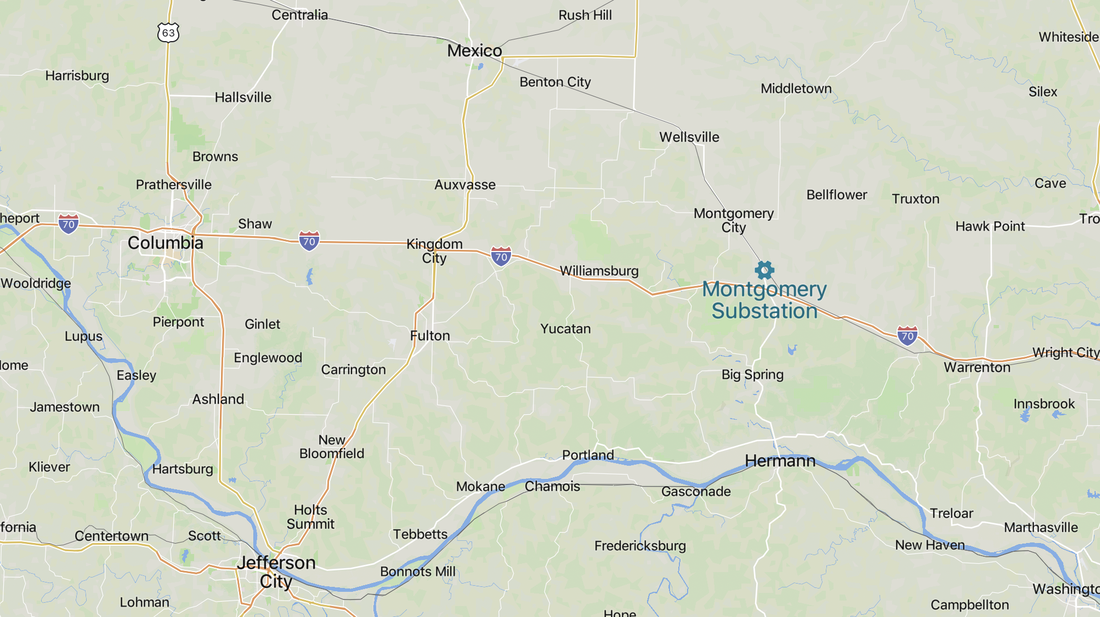The problem is that MISO recently notified GBE that it was changing the date for connecting GBE to the MISO transmission system from December 1, 2027 to December 1, 2030 based on MISO's determination that some of the Network Upgrades that are required by MISO for Grain Belt's interconnection may not be ready by 2027. GBE says it will have its project built in 2028 and wants MISO to allow it to connect some smaller portion of its capacity that does not rely on the Network Upgrades at that time.
MISO's rules do not allow for this kind of "limited operation," therefore MISO cannot grant it without changing its rules. In order to change its rules, MISO must complete its stakeholder process, which can take years to talk about the rule changes, vote on the rule changes, get the rule changes approved by FERC, before they can become effective. That's probably going to take longer than 2030 because MISO has a lot on its plate.
GBE tries to tell FERC that other system operators permit limited operation, therefore MISO should, too. Too bad GBE never raised this issue and asked for this rule when the rules for merchant transmission were being made. It is what it is... GBE cannot connect to MISO until 2030. That's 7 years from now.
But what about those "Network Upgrades" that got delayed and required pushing GBE's interconnection out until 2030? What are those upgrades? According to GBE's complaint:
The Ameren upgrades involve two new 345 kV Montgomery-Burns transmission lines for which GBX will pay $126.5 million. The total cost of all upgrades that GBX is funding under the TCA is $217 million. In addition to permitting the two new Ameren transmission lines, Ameren mentioned some concerns about scheduling outages in connection with these lines and coordinating with AECI, which is an Affected System.
Grain Belt Express -- spreading the misery to thousands of landowners across Missouri for at least 20 years. Will GBE even be relevant by then?

 RSS Feed
RSS Feed